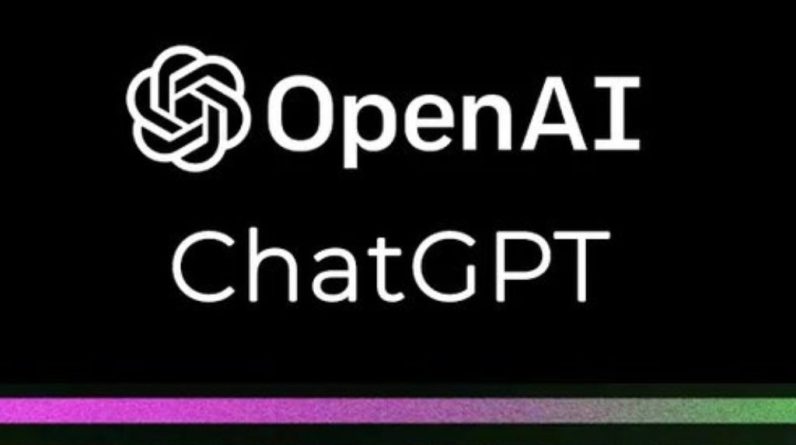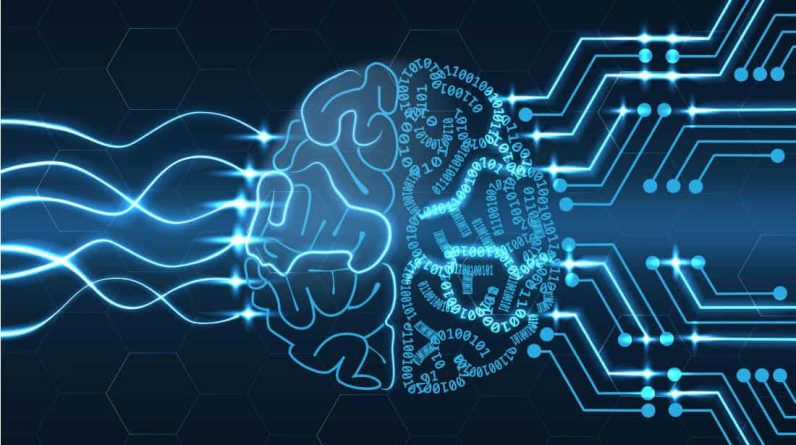
Earlier this year, Google introduced Bard as an “experimental conversational AI service.” While the company claims to continuously refine its models, there has not been a centralized location to learn about the latest changes and capabilities. In an effort to increase transparency about Bard’s progress, Google has launched a new page called “experiment updates” that provides details on recent updates, bug fixes, and new features for anyone to access.
The new “experiment updates” page for Bard by Google provides information on recent updates including new features and bug fixes, and each update includes a “what” and a “why.” The page was created so that users can easily access the latest Bard updates to test and provide feedback.
In the same announcement, Google made two other statements. The first one stated that there are now extra search choices when a user clicks on “Google it.” The second update involves Bard’s math and logic abilities, as Google acknowledges that Bard occasionally provides incorrect responses in that area, which the company is working to correct. This enhancement follows Google’s switch of Bard to a more advanced language model.
Even though the descriptions are brief and not very detailed on how Google is implementing these updates, it’s a step forward in providing the public with more understanding about their decision-making process. Moreover, with the growing concern among both experts and the general public regarding uncontrolled progress in AI technology, Google’s openness is likely to earn them some credibility.
Google’s “experimental conversational AI service” Bard has not been well-received since its release, especially when compared to OpenAI’s ChatGPT and Microsoft’s Bing Chat, which are also powered by OpenAI’s GPT-4. Users have found that Bard’s responses are not as informative or comprehensive as its competitors. However, Google CEO Sundar Pichai announced on “Hard Fork,” The New York Times podcast, that Bard will soon be transitioning from its current LaMDA-based model to larger-scale PaLM datasets in the near future.
When questioned about the response to Bard’s debut, Sundar Pichai, the CEO of Google, acknowledged that there are more advanced models available. He announced that Bard would soon transition from its current LaMDA-based model to larger-scale PaLM datasets in the upcoming days. Pichai stated that the PaLM models would enable Bard to have enhanced capabilities in reasoning and coding.
Google’s LaMDA was trained with 137 billion parameters, as the company disclosed last year when it shared information about its language-based models. In contrast, PaLM was trained with about 540 billion parameters. While both models may have evolved since early 2022, the difference in the size of the dataset and the range of responses likely explains why Google is gradually moving Bard from LaMDA to PaLM.
According to Pichai, he is not concerned about Google’s AI progress compared to other companies. In February, Pichai recognized that Bard was dependent on LaMDA, making it smaller in scale. He explained that having less computing power was advantageous, as it allowed more users to test Bard and offer feedback. Additionally, Pichai promised that Google would perform its own safety and quality assessments of Bard after obtaining real-world data.
Pichai emphasized that Google is not in a rush to release a more advanced model without ensuring they can handle it well. He noted that they are still in the early stages and plan to integrate more capable models gradually. Pichai stressed the importance of getting it right instead of being the first in the market.
The thoughts in mind of over 1,800 individuals, including tech leaders and AI researchers, is calling for a minimum six-month halt on the development of AI technology that is “more powerful than GPT-4,” citing concerns about the potential risks and dangers such technology could pose.
According to Pichai, effective regulation of AI technology cannot be accomplished without the involvement of the government, and he acknowledges the need for guidance. He believes that AI is a crucial area that must be regulated, and it is equally important to regulate it properly. He expressed his satisfaction that discussions about this issue are taking place.






